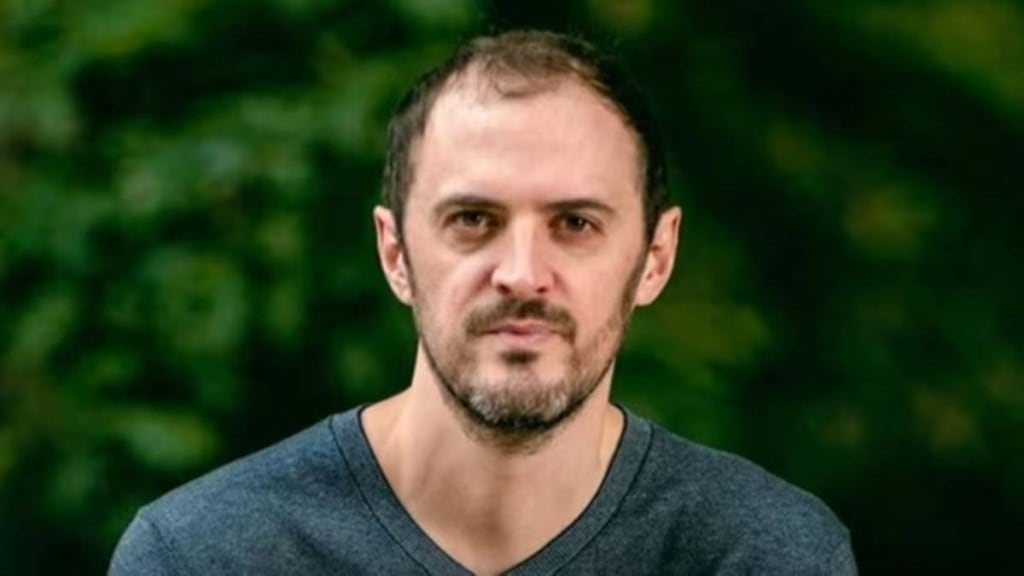The announcement of Hindenburg Research’s closure on Thursday evoked extreme emotions in India – grief, and for many, a great relief. The Wall Street Journal called Nathan Anderson, or Nate, as he is popularly known, ‘Wall Street’s pre-eminent short seller’ – a significant title at a time when short sellers are getting the short shrift from both companies and governments.
That, the 40-year-old was still able to make a name for himself with just a 11-member team and in just seven years by itself a strong statement. Anderson’s claim that nearly 100 individuals have been charged civilly or criminally by regulators at least in part through Hindenburg’s work, including billionaires and oligarchs is quite impressive. “We shook some empires that we felt needed shaking,” he wrote in his farewell letter.
Little is known about Anderson before he set up Hindenburg in 2017. He was born in Connecticut and graduated from the University of Connecticut with a degree in international business. According to reports, he worked as an ambulance driver in Israel in 2004-2005 before the financial sector bug bit him.
He has said that his inspiration was Harry Markopolos – the financial fraud investigator who helped in uncovering Bernie Madoff’s investment scandal. Anderson reportedly worked with Markopolos on the Platinum Partners investigation which resulted in seven executives being charged with securities fraud.
Before Hindenburg, he began filing whistleblower reports with US Authorities hoping to earn bounties for uncovering frauds. But it seems he wasn’t quite successful. As his letter says, he had no money when he started… “and after 3 lawsuits immediately out of the gate, I quickly had less than no money. I would have failed right at the starting line had it not been for the support of world-class whistleblower lawyer Bryan Wood, who took the cases on despite my lack of financial resources. I had a newborn child and was facing eviction at the time. I was terrified, but knew that if I stayed still I would crumble. The only option I had was to keep moving forward.”
And move forward, he did. Some of the companies and groups, which suffered at the short seller’s hands, include big names like Adani Group, Jack Dorsey’s Block Inc, Carl Icahn’s Incan Enterprises, Trevor Milton’s Nikola Corp, Clover Health and Super Micro – not a small bounty. While all these companies’ share prices crashed after Hindenburg’s scathing reports, the Securities Exchange Commission has already found Trevor Milton guilty of securities fraud. Currently, the Department of Justice and SEC are investing the Adani Group’s company Adani Green for bribing Indian officials.
So, the decision to disband now is curious. Anderson’s reply, “There is not one specific thing—no particular threat, no health issue, and no big personal issue.” He goes on to add that early on, he felt he needed to prove some things to himself. “I have now finally found some comfort with myself, probably for the first time in my life. I probably could have had it all along had I let myself, but I needed to put myself through a bit of hell first. The intensity and focus has come at the cost of missing a lot of the rest of the world and the people I care about. I now view Hindenburg as a chapter in my life, not a central thing that defines me.”
Not everyone is buying it with many calling him out on X. The SEC has been worried about short sellers for quite some time. Starting January 2, 2025, managers holding short positions exceeding $10 million or 2.5% of a company’s shares must file Form SHO (short sale report) on a monthly basis. This measure is designed to increase transparency in short selling, helping regulators and investors better detect market manipulation and mitigate systemic risks.
In India, there is a debate on short sellers as well, though Helios Capital’s Samir Arora thinks shorts provide valuable research and information and then readers/public may choose to agree/act or not or even take advantage of any fall, if they think price action is unjustified. “We need more people willing to write negative reports, short stocks etc for better price discovery,” he wrote on X.
At the end of the day, whether it is regulatory heat or personal choice, Anderson and Hindenburg have definitely been able to put pressure on regulatory bodies. To give him the last word, “…At a certain point a successful career becomes a selfish act.” That’s food for thought for many.

